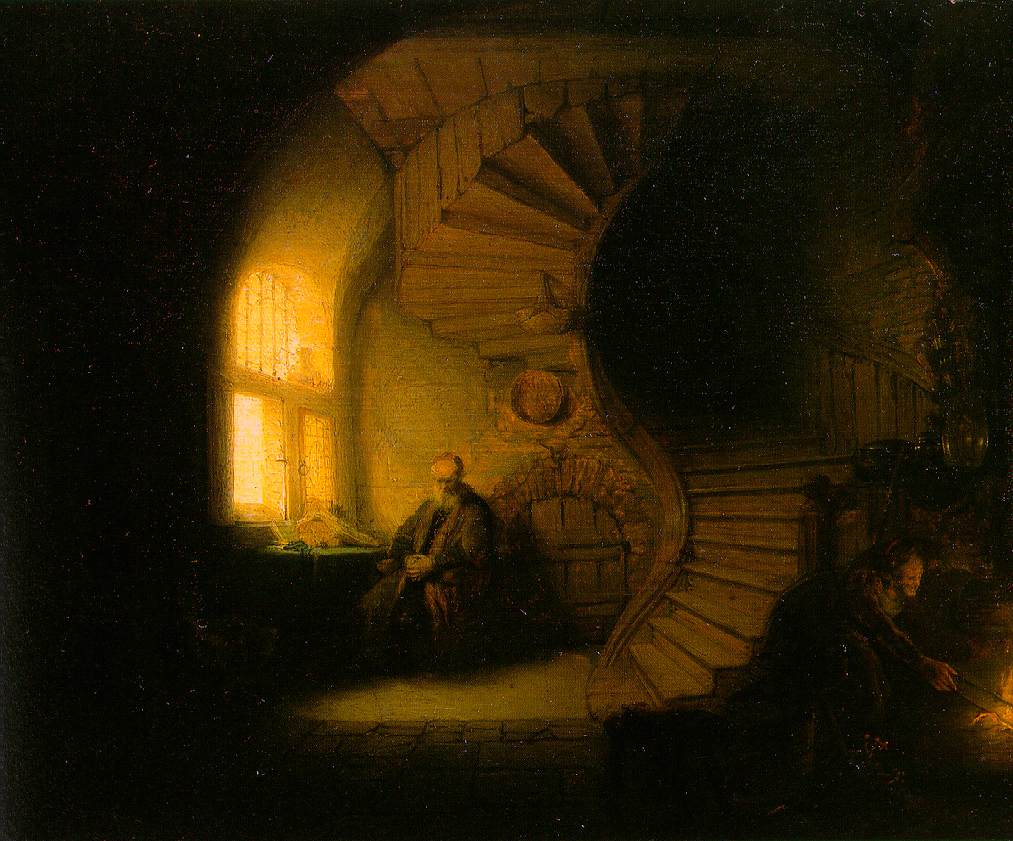That said, being more flexible and curious about the kind of knowledge we value in society is a practical imperative as we enter into what some have dubbed “the Fourth Industrial Age.” In a very real sense, emerging technologies do and will mean that what we know becomes less important, as machines are ever more able to fulfill our requirements for day-to-day tasks. Instead, we should be teaching people to understand, interrogate, and critique how we know.
This involves understanding how different ways of thinking validate the kinds of decisions we make, and also the values we espouse, as societies. Knowing what you think is relevant—whether that’s what year a certain battle happened; or how to complete multivariate linear regressions—may well end up having less currency than more abstracted thinking, like moral philosophy or political theory. After all, these meta-level ways of knowing seem the least likely to be automatable, and some of the best for understanding what it is societies can and should want from emerging technologies….
So, my message to students concerned about the future of work is this: Don’t obsess over making your degree a vocational, skills-based one. If that’s what you’re interested in, fine—but you may well be better off entering the workplace in lieu of gaining an expensive degree. But several years of what most would call “esoteric” thinking will allow you to respond in a more critical, flexible, yet rigorous way about what it is we seek from our society of tomorrow. Shallow, fear-mongering, and poorly nuanced thinking is endemic in current debates surrounding technological change and the human future.
h/t Rob Townsend









Leave A Comment